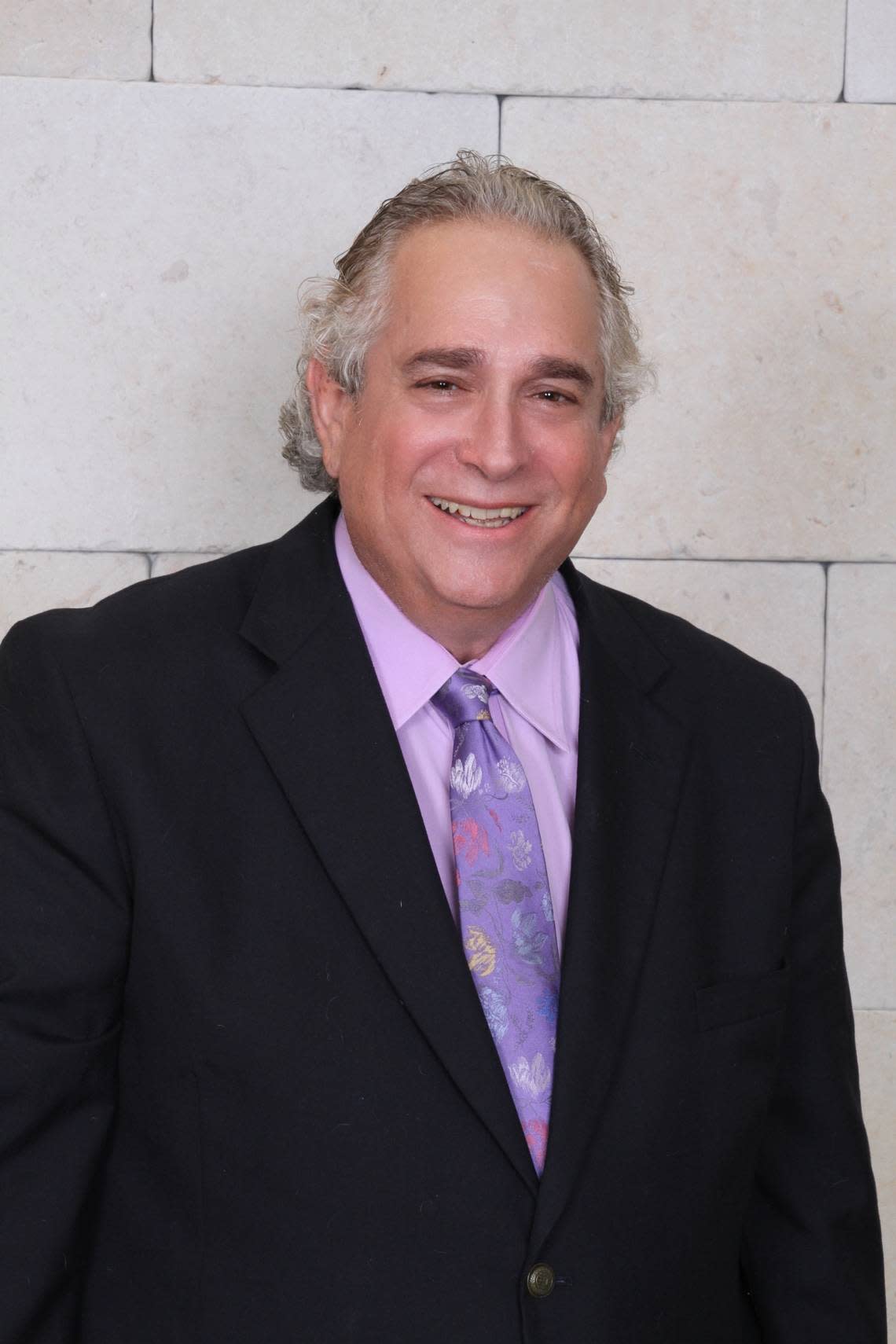It’s time for South Carolina to pass a hate crimes bill

Jews and Christians read the story of the Exodus and we can vividly feel the anger and arrogance of Pharaoh, who stubbornly refused Moses’ plea to let the Hebrews go free and worship their God. With Passover right round the corner, the story is all about how hate of a people can begin in this ancient time-honored story and, sadly, spread throughout the world for millennium down to this very day, which we now call anti-semitism.
The Biblical story illustrates for us that when the government or the ruling authority oppresses a people in its own border how difficult it is to stop the hatred. We saw this unbridled hate in the rule of Pharaoh as we witnessed it in the blood-thirsty hate and aggression of Germany and it leader Adolph Hitler a mere 90 years ago.
In the Passover story, Moses stood up against Pharaoh and spoke truth to power. God was guiding Moses and his brother Aaron and the plagues that God brought forth against the Pharaoh led to the final plague of the death of the first born of Egypt. God split the sea so that the Hebrews could escape to freedom. Despite unchallenged power, God crushed Pharaoh’s troops in the midst of converging ocean waters after the Hebrews reached dry land. The Exodus story remains an inspiration to faith in God and to the leadership that Moses provided.
Today we are, however, not talking about Moses or a view of God who can perform miracles that saves populations who are treated with the same hate as the Egyptians showed to the enslaved Hebrews. Today, oppressing a community inside their own country looks different than in ancient Egypt, but some elected leaders filled with fear and hate still exercise their authority and, hiding behind their elective offices, genuflect to the disciples of hate. The result, despite the ages, is the same. People live in fear. They are slaves to the authority which turns its head against the victims of hate. They blame the victims and call them sinners. They blame the victims and remain silent when murders occur. They blame the victims and say that these peoples threaten our morals are poison our society.
That is the same rhetoric and fear mongering that Pharaoh used when he whipped up the Egyptian population, that the Hebrews were a threat to Egyptian culture and power. The same Hebrews who were welcomed by an earlier Pharaoh who respected Joseph had now become demonized as a threat to national security so the succeeding generations of Pharaohs enslaved them for 400 years.
So now we come to the modern day and to the state of South Carolina. The House has passed a hate crimes bill to protect segments of our community, which history has demonstrated time and time again have no relief from the criminal elements of our society. Bill H3014 again rests on the conscience of the State Senate. They have the power of life and death over the next potential victims from our fellow citizens.
Will there be some elected representatives who will play the ancient role of Pharaoh and invoke Scripture to justify their actions? Will these leaders blame the victims who have no other place to turn for justice or protection from hate? Will they turn their heads away from the victims of hate because there is something about these people they despise or are repulsed by from their own religious teachings? Will they sell out these victims of future hate crimes for the votes they would receive from the clergy and community who watch them and, ironically, will punish them as well?
This bill presents us with a modern-day Exodus story. For all the groupings of people identified in this legislation, isn’t it time to create a modern-day Exodus? Let our fellow citizens go and live and worship in our houses of worship, have jobs, get married, mourn their loved ones and grow old. Let the Senate open the gates and let them walk free out of the Egypt that enslaves them.
Maybe this year, Passover will give them a new start that says their government and their nation understands the challenges they face. Will this year’s Passover provide them with a message that freedom means one does not have to leave their nation but one may stay and “sit under their vine and fig tree and none shall make them afraid.”
We say at the end of the Passover Seder, “Next Year in Jerusalem.” Will the South Carolina Senate make that dream come true?
Rabbi Brad L. Bloom serves Congregation Beth Yam. He attended the University of Wisconsin and lives on Hilton Head Island.

